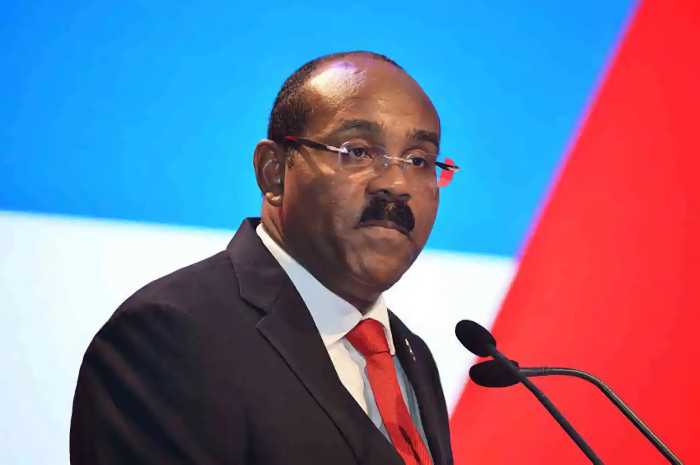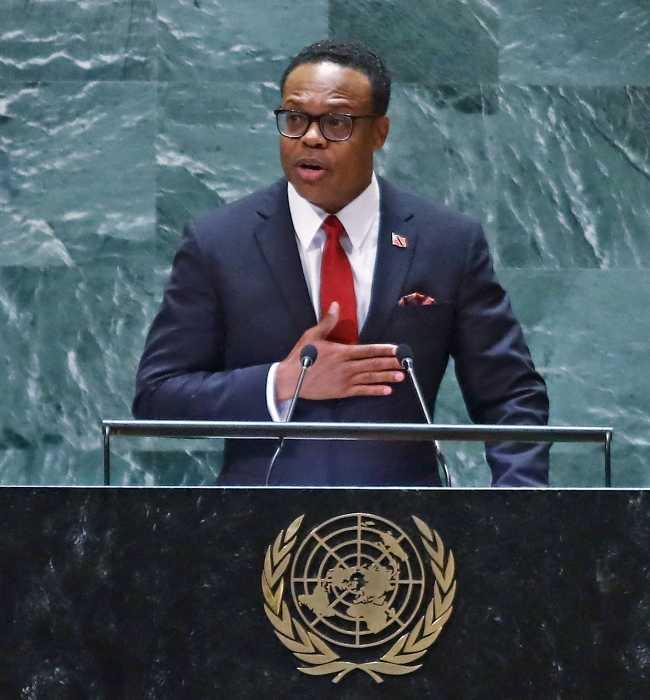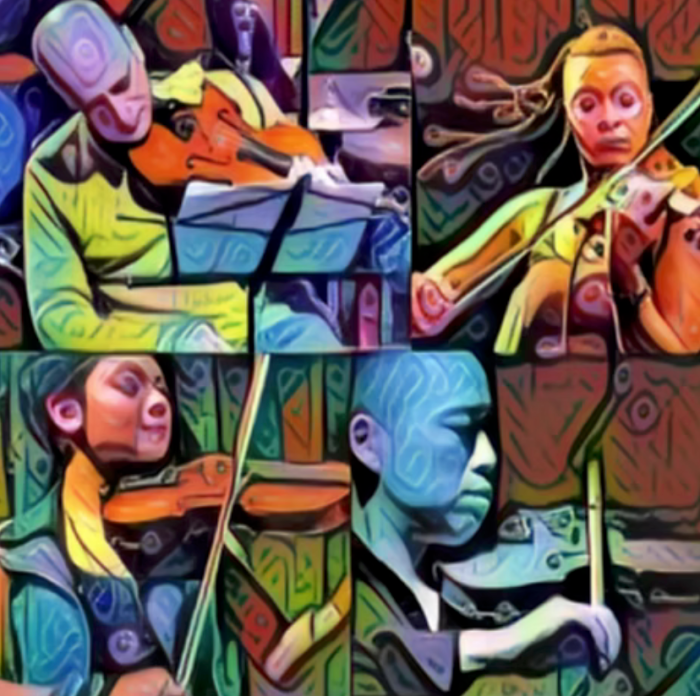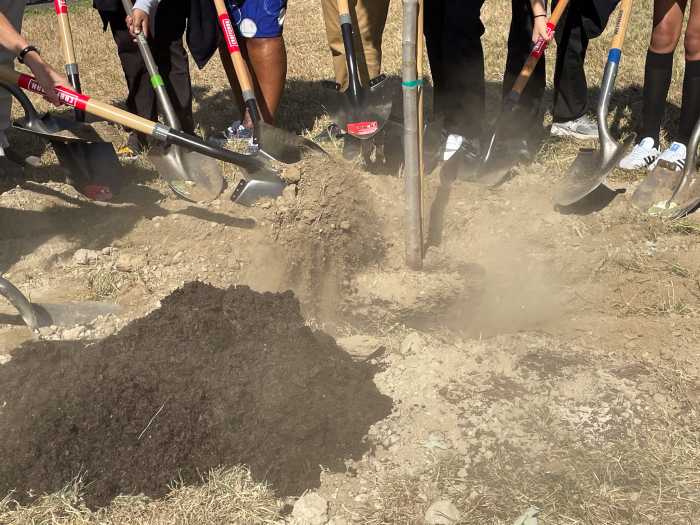In what has been described as an unusual Christmas gift, Cuba’s supreme governing body on Dec. 23 pardoned nearly 3,000 prisoners, including some convicted of political crimes, but President Raul Castro refuses to ease travel ban to the United States.
Cuba’s Council of State agreed to release 2,900 prisoners, among them inmates who are more than 60 years old or are ailing, women and young people who do not have long criminal records, the Spanish-speaking Caribbean island’s Prensa Latina news agency reported.
It said those convicted of serious crimes such as murder, espionage or drug trafficking would not be part of the amnesty, though it added that some people convicted of political crimes were on the release list. No details on when the releases will occur were given.
“Some people condemned for crimes against state security will be freed,” according to an official government communiqué cited by Prensa Latina.
“All of them have completed an important portion of their sentence and shown good behavior,” it added.
Castro said the “humanitarian” pardon would include 86 foreigners from 25 nations. But a senior Cuban government official later said they did not include Alan Gross, a U.S. government subcontractor jailed in Havana.
Gross has served two years of a 15-year sentence on a charge of endangering the island’s national security by delivering sophisticated telecommunications equipment to Cuban Jews so they could access the Internet more easily.
Cuban officials have said Gross would be freed earlier only if Washington frees several Cuban spies arrested in Miami in 1996. Four are serving long sentences in U.S. prisons, and one completed his jail term this year but remains in the United States on parole.
The Obama administration has made it clear that until the 62-year-old Potomac, MD, man is freed, there can be no improvements in key U.S.-Cuba issues.
Cuba this year freed the last of some 75 political prisoners arrested in a notorious 2003 sweep.
While others remain jailed for politically motivated crimes, most of those were involved in acts of violence, such as hijacking.
Human rights group Amnesty International no longer includes any Cuban prisoners among its list of “prisoners of conscience” around the world.
Castro also put on ice highly-anticipated plans to ease travel restrictions on Cubans, telling lawmakers the nation would not be pressured into moving too fast and citing continued aggression from the United States as the reason for his cautious approach.
Cuba has been awash in speculation the much-hated regulations, which prevent most Cubans from leaving the island, might be lifted during the Dec. 23 session of the National Assembly.
But Castro said the time still wasn’t right, despite a year of free-market reforms that has seen the Communist government legalize a real estate market and increase private business ownership.
“Some have been pressuring us to take the step as if we were talking about something insignificant, and not the destiny of the revolution,” he said, adding that those calling for an end to the travel restrictions “are forgetting the exceptional circumstances under which Cuba lives, encircled by the hostile policy of the U.S. government.”
Cuba requires its citizens to obtain expensive exit permits that are usually difficult to obtain before they can travel abroad; and the government seizes the properties of those who move to other countries and makes it difficult for Cubans living abroad to visit the island.
Castro, who first acknowledged the need to reform migratory policy in August, told lawmakers that many Cubans want changes to travel policy and that his government remains committed to “slowly” introducing required changes.
But he announced no changes at all, saying that the issue was “complex” and that Cuba faces “exceptional circumstances” like “the siege created by the subversive and meddlesome policies of the U.S. government.” Any Cuban who sets foot on U.S. territory is allowed to remain and receives residency.
Castro criticized President Barack Obama, saying he was the 11th American president since the 1959 revolution led by his brother Fidel, and appeared “not to understand” the sacrifices Cuba had made in its struggle for independence and sovereignty, including the Bay of Pigs invasion and the Cuban Missile Crisis, as well as Washington’s 49-year trade and travel embargo.
“Sometimes, he [Obama] gives the impression he has not even been informed of this reality,” Castro said, repeating his willingness to normalize relations with the U.S. under the “right conditions.”
Meantime, thousands of Cuban-Americans have been flying home this week to celebrate the New Year.
These types of annual pilgrimages would have been sharply curtailed if two South Florida, Republican Cuban-American congressmen had succeeded in returning to the Bush-era limit of once every three years.
The measure backed by Congressmen Mario Diaz-Balart and David Rivera was tucked into the Congressional spending bill, but Republican leaders jettisoned it last week as part of a last minute compromise.
Obama allowed unlimited family visits by Cuban-Americans shortly after taking office and removed the US$1,200 annual cap on remittances.


























